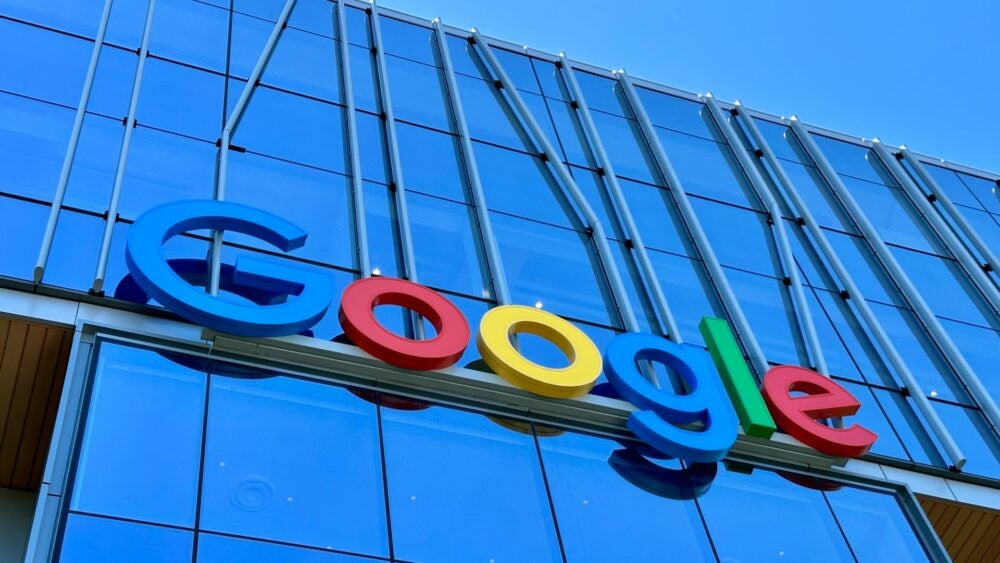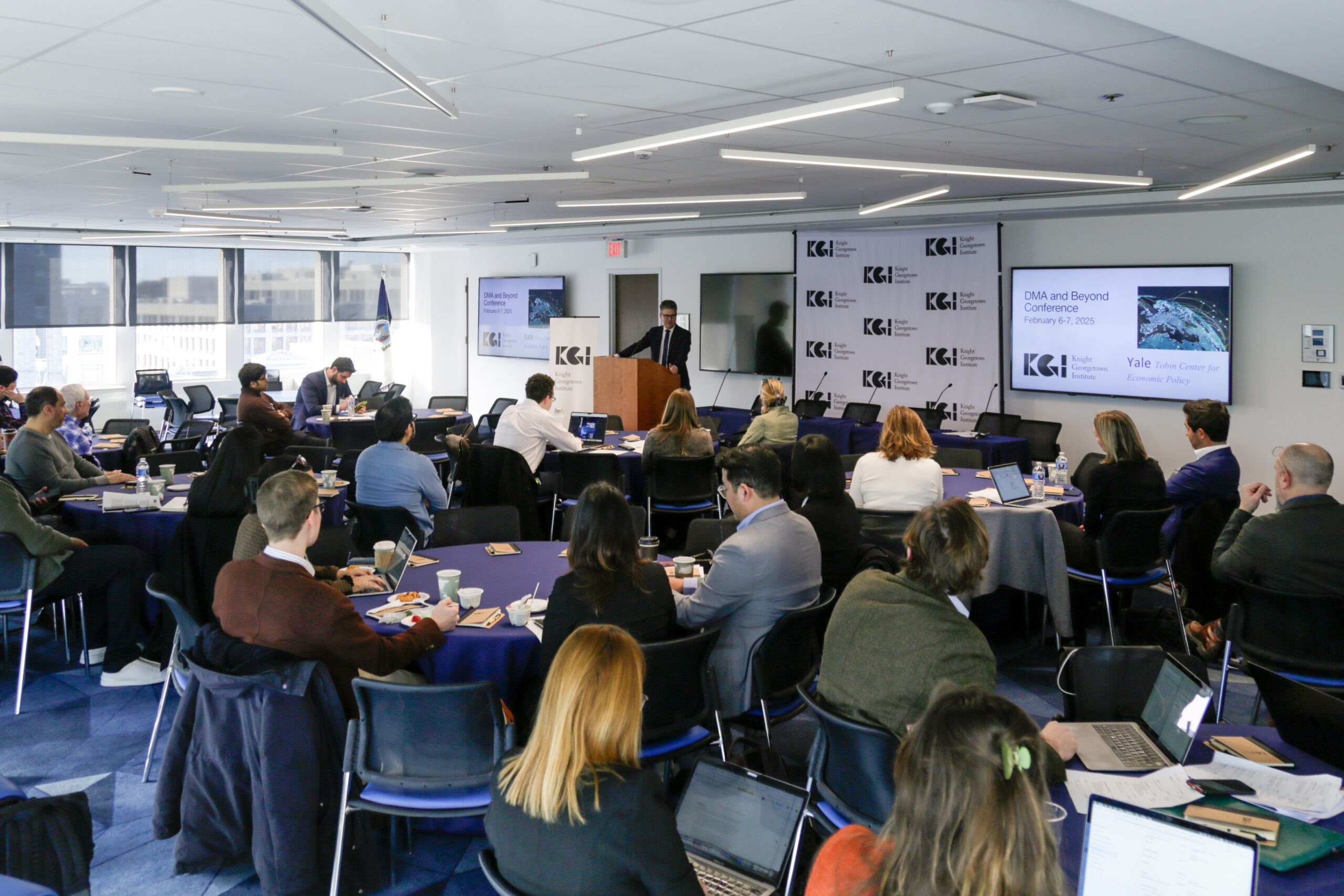KGI’s work on competition policy is all about effective pathways to deconcentrating the markets that shape information production and dissemination. We focus on what can be learned from empirical analysis and on-the-ground implementation of antitrust regulations and competition enforcement regimes across the US, EU, UK, and globally. KGI provides technical insights and convenes researchers, companies, practitioners, and civil society to explore opportunities, challenges, and interventions for addressing competitive barriers in digital markets.
Competition policy in the tech sector stands at a unique juncture. The global reassessment of competition policy frameworks governing online services over the last half-decade has yielded a docket of major antitrust cases in the US and novel ex-ante regulatory regimes in the EU, UK, and elsewhere. The next several years will be crucial in determining whether new theories of anticompetitive harm and new paradigms of enforcement will lead to meaningful change in the markets that shape information production and consumption globally.
KGI’s is working to synthesize what can be learned from the implementation of ex ante enforcement regimes abroad and channel that knowledge into ongoing debates about antitrust enforcement and competition policy in the US. Experience with the EU Digital Markets Act (DMA) and the UK’s Digital Markets, Competition and Consumers Act (DMCCA) provides the basis for empirical and implementation analysis related to online search, mobile operating systems, messaging, advertising, and social media. Do the specific obligations and prohibitions introduced lead to meaningful change in market entry or structure? What is required in terms of data, analysis, and stakeholder participation for regulators to be able to effectively enforce under these new regimes? These and numerous other questions are ripe for analysis, and KGI is serving as a central hub in DC to distill and share answers and evidence as they are produced.
KGI also conducts original technical analysis and works to bring experts from across a broader range of domains and disciplines into the competition policy conversation. Many interventions that have been proposed or adopted to stimulate greater competition in information industries bear on highly technical aspects of service and application design, including choice architecture, privacy, security, platform integrity, API access, data access, and more. These interventions have a greater chance of being effective if more experts with technical and business expertise are part of the conversation as these approaches are being designed and analyzed. KGI is convening such experts together with antitrust lawyers and economists to facilitate cross-pollination and dialogue.
KGI has two competition policy areas of focus: Search Competition specifically and Digital Markets more broadly.
Search Competition
Search engines shape how billions of people find and access information and what voices get heard online. Google Search – the world’s dominant search engine – has faced mounting regulatory scrutiny and enforcement actions around the world over its anti-competitive practices designed to preserve its dominance across the web and devices. Search is a complex market where designing effective interventions requires grappling with questions related to large-scale data collection, advances in AI and other technological inputs, relationships with adjacent markets in mobile and on the web, and consumer behavior and decision-making in the market.
Our work on search competition brings together experts from across economics, technology, law, and business to help advance and inform interventions to restore competition in the digital search market. Our work examines both high-profile antitrust litigation in the US and the development of novel ex-ante regulatory frameworks in Europe and the UK. See our work onsearch competition here.
Digital Markets
Hardly a day goes by without competition regulation or enforcement involving tech companies appearing in news headlines around the world. From app stores and browsers to social networking, advertising, and AI-powered consumer services, dominant platforms shape how billions of people around the world access information.
Our work on competition regulation and enforcement in digital markets synthesizes leading research, bridging independent research with policymaking across various jurisdictions. We examine novel regulatory and enforcement tools and strategies, with a focus on understanding which approaches effectively promote competition. See our work on digital markets here.






